OpenAI Updates Safety Features Amid Lawsuit— Here's What's Changing
Big tech has a responsibility to keep users safe
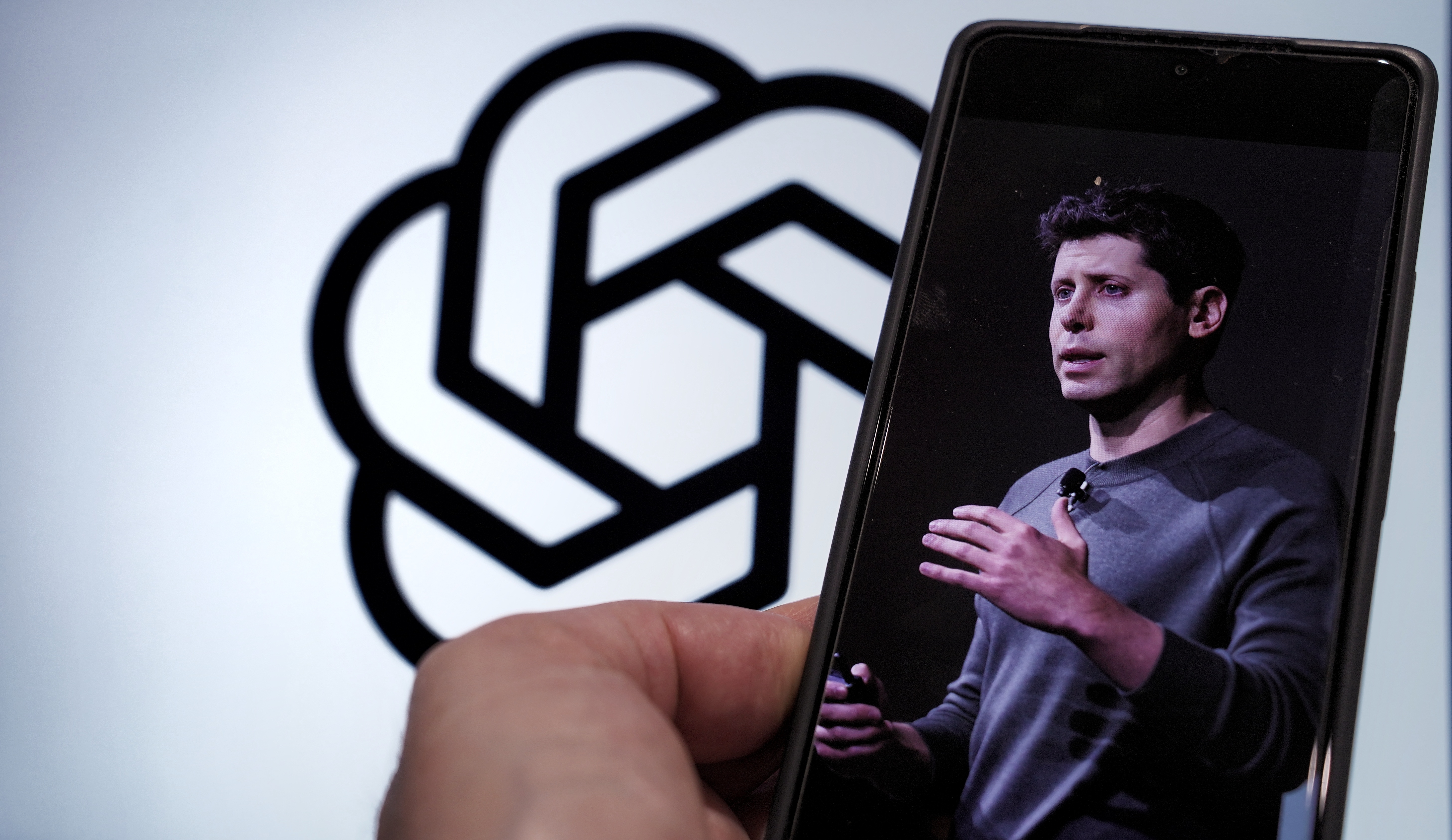
Here at Tom’s Guide our expert editors are committed to bringing you the best news, reviews and guides to help you stay informed and ahead of the curve!
You are now subscribed
Your newsletter sign-up was successful
Want to add more newsletters?

Daily (Mon-Sun)
Tom's Guide Daily
Sign up to get the latest updates on all of your favorite content! From cutting-edge tech news and the hottest streaming buzz to unbeatable deals on the best products and in-depth reviews, we’ve got you covered.

Weekly on Thursday
Tom's AI Guide
Be AI savvy with your weekly newsletter summing up all the biggest AI news you need to know. Plus, analysis from our AI editor and tips on how to use the latest AI tools!

Weekly on Friday
Tom's iGuide
Unlock the vast world of Apple news straight to your inbox. With coverage on everything from exciting product launches to essential software updates, this is your go-to source for the latest updates on all the best Apple content.

Weekly on Monday
Tom's Streaming Guide
Our weekly newsletter is expertly crafted to immerse you in the world of streaming. Stay updated on the latest releases and our top recommendations across your favorite streaming platforms.
Join the club
Get full access to premium articles, exclusive features and a growing list of member rewards.
A recent lawsuit looking ChatGPT's role in a teenager's death has prompted OpenAI to rethink how ChatGPT handles mental health concerns.
The company says it will roll out new safety features aimed at detecting early signs of emotional distress; changes sparked by a wrongful-death lawsuit filed by the parents of 16-year-old Adam Raine, who died by suicide after extended conversations with the AI.
In the U.S., you can contact the 988 Suicide & Crisis Lifeline by phone or text on 988, read information and advice through the mental health charity Mind, and, if you're in the U.K., get in touch with the Samaritans by emailing jo@samaritans.org or calling 116 123 for free. You can find details for support in your country at the International Association for Suicide Prevention.
What’s changing
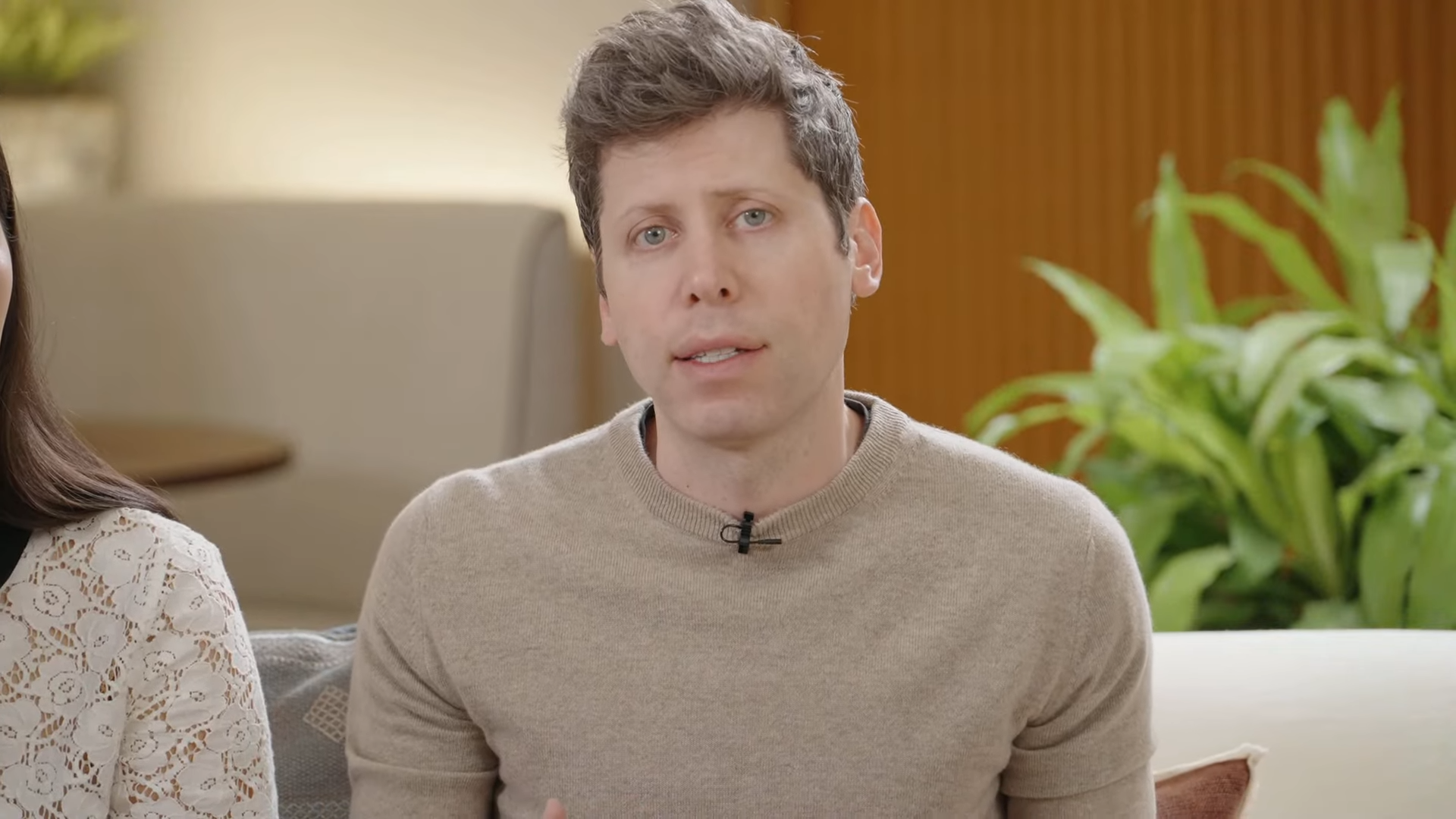
According to an OpenAI blog post, the company plans to enhance ChatGPT’s ability to proactively detect potential warning signs of emotional distress, even if the users do not menion self harm.
These updates, expected to roll out with GPT‑5, include:
- Early intervention: Alerting users about dangerous behaviors like extreme sleep deprivation, manic episodes, or concerning emotional patterns, while suggesting grounding techniques and rest.
- Therapist connections: Offering direct links to mental health professionals before a potential crisis escalates.
- Emergency outreach: Allowing users to designate trusted contacts who can be notified if ChatGPT detects warning signals.
- Parental controls: Providing new tools for guardians to monitor teen usage and better understand their child’s interactions with the AI.
These changes represent a major shift from ChatGPT’s current approach, which typically only responds when a user explicitly expresses suicidal intent — sometimes too late to intervene. The goal, OpenAI says, is to make ChatGPT proactive, not just reactive.
Why this update is so important
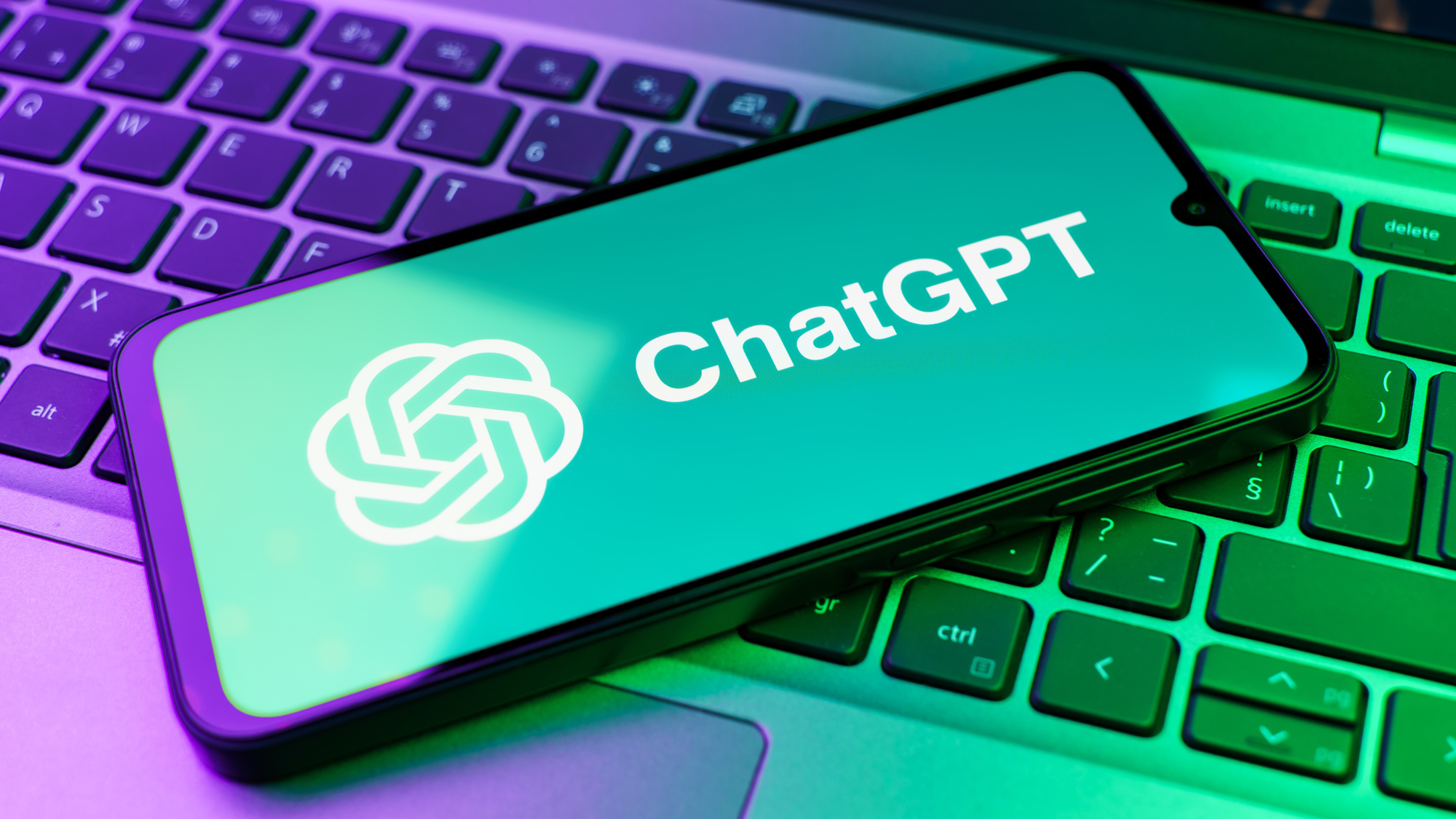
The changes follow a lawsuit filed by Jane and John Raine, who allege that ChatGPT validated their son’s suicidal thoughts, discouraged him from seeking help, and even helped him draft a suicide note.
Get instant access to breaking news, the hottest reviews, great deals and helpful tips.
The teen’s trust in the AI, and alleged system failures during prolonged conversations, are central to the case.
OpenAI’s planned updates suggest a broader shift toward mental health accountability in AI. The company says these tools are designed to protect users without compromising privacy, but experts note they may also signal the beginning of industry-wide regulation.
The bigger picture
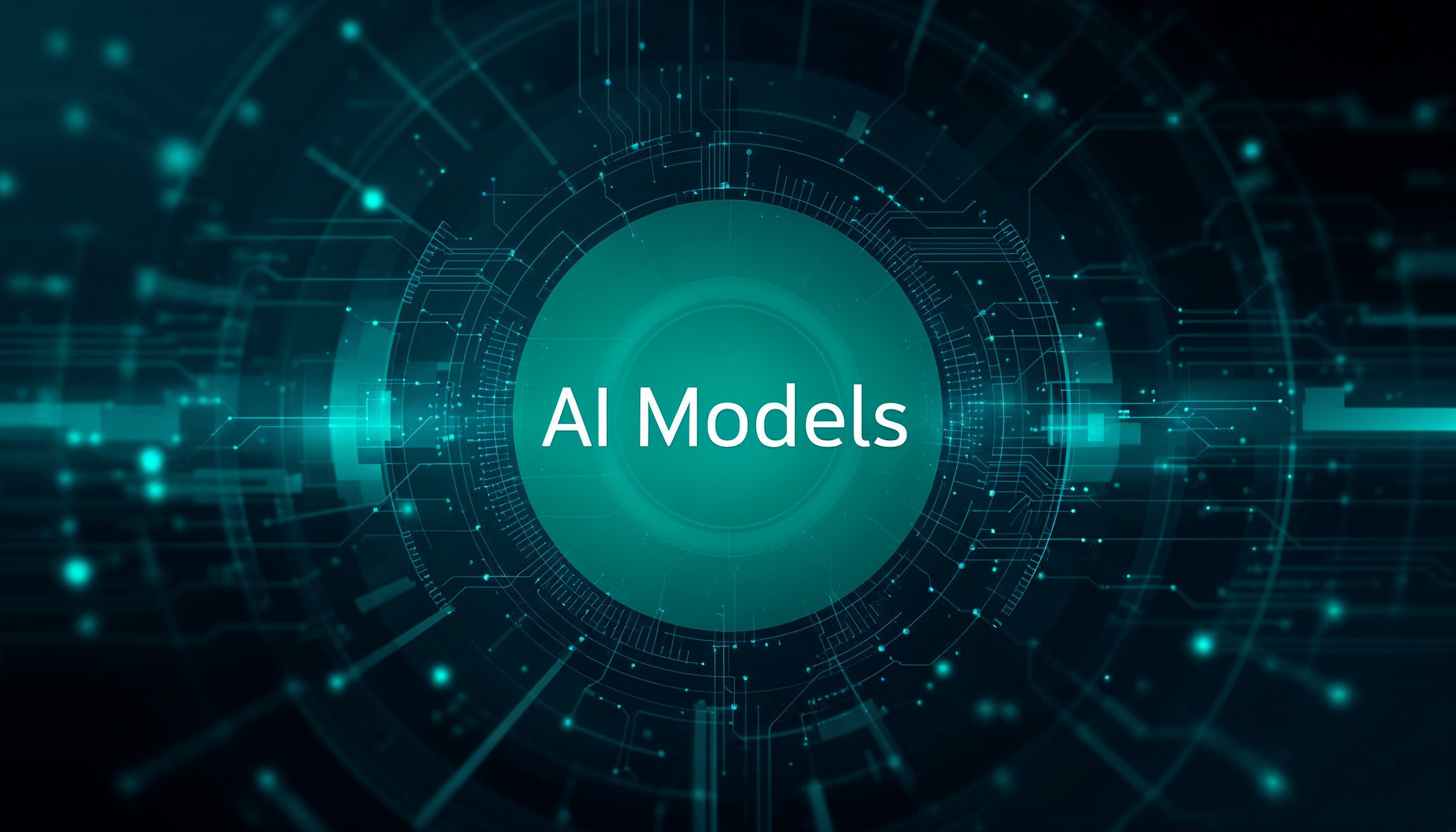
With more lawsuits, lawmakers and researchers focusing on the role AI plays in emotional well-being, OpenAI’s decision could set a precedent for the entire industry.
As competitors like Google and Anthropic face similar scrutiny, companies may face increasing pressure to build safety measures directly into their AI models.
Will this make ChatGPT safer?
What began as a legal battle is now driving a significant shift in how AI handles emotional risk. If implemented successfully, these new features could transform ChatGPT and other chatbots to act more responsibly and safely, especially when it comes to mental health.
Yet, big questions remain. We can't help but wonder if these updates will work as intended. And, more importantly, will they reach vulnerable users in time to make a difference? As AI continues to evolve rapidly, we can only hope that more safeguards are put in place.
Follow Tom's Guide on Google News to get our up-to-date news, how-tos, and reviews in your feeds. Make sure to click the Follow button.
More from Tom's Guide
- Hacker Used AI To Launch ‘Unprecedented’ Cyberattack — and It Could Happen Again
- I Built 9 Websites in Under an Hour — Here’s How Claude Makes it Possible
- I Asked ChatGPT vs Gemini vs Claude to Write a Resume — Here’s the Crushed the Task
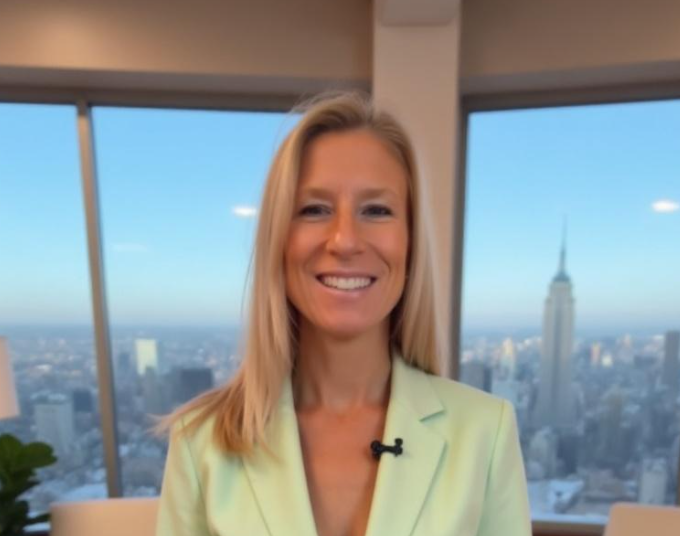
Amanda Caswell is an award-winning journalist, bestselling YA author, and one of today’s leading voices in AI and technology. A celebrated contributor to various news outlets, her sharp insights and relatable storytelling have earned her a loyal readership. Amanda’s work has been recognized with prestigious honors, including outstanding contribution to media.
Known for her ability to bring clarity to even the most complex topics, Amanda seamlessly blends innovation and creativity, inspiring readers to embrace the power of AI and emerging technologies. As a certified prompt engineer, she continues to push the boundaries of how humans and AI can work together.
Beyond her journalism career, Amanda is a long-distance runner and mom of three. She lives in New Jersey.
 Club Benefits
Club Benefits




















